After a week of near-record temperatures and drought in Iowa, some professors believe Iowa State is trying their best to lead the way in sustainability practices but raise doubt on whether it is enough.
Lindsay Maudlin, an assistant teaching professor in the department of geological and atmospheric sciences, said she was surprised when she found out what Iowa State has already done to address climate change.
“I was pleasantly surprised and actually proud of Iowa State for moving away from coal,” Maudlin said. “I think that that’s something that’s incredibly commendable, and I would like Iowa State to be seen as a leader, to be innovative in this regard.”
Brian Hornbuckle, a professor in the department of agronomy, voiced a similar perspective.
“I’m proud of what the university has done. Whether it’s enough, I don’t know,” Hornbuckle said. “I can’t really say if it’s enough or not. I am aware of lots of hurdles to completely going that way. We want to make sure that the dorms that have air-conditioning are air-conditioned this weekend, and there’s only so many choices we have.”
Hornbuckle said the reality is that the university needs money and resources to make these changes, and the state legislature determines how much money and resources the university gets.
“So if they want us to retrofit our buildings to become more efficient, then they need to provide the funding to do those kinds of things. Otherwise, it comes from tuition,” Hornbuckle said.
According to the university, the current plan is to reduce its emissions by 50% by 2025, partially by ending its coal usage as well as converting to renewable energy. Other initiatives, such as temperature rollbacks and university-wide procedures in buildings across campus, will also help reach that goal, according to the university. Climate experts have stated locations like Ames have already seen some weather events associated with climate change, such as temperature swings, prolonged droughts and floods.
However, Jaiden Shahan, a member and chairperson of the Climate Reality Campus Corps Club on campus, said he doesn’t believe the university plan goes far enough.
“I think no. The university has hired sustainability experts, and the report comes out soon,” Shahan said. “The current sustainability plan through 2025 does not do enough. Iowa State needs to aim for more clean energy.”
William Gutowski, a professor at Iowa State and contributor to a Nobel-prize-winning climate change panel, said the university has done a lot to address the climate but called it “a complicated issue.” According to Gutowski, the university is taking steps in the right direction, but the real question is if they are taking steps fast enough. Gutowski said that sometimes the messages that come out are alarming, which can divide the public.
Maudlin mentioned that she takes a different approach from some of her colleagues.
“I choose the route of optimism,” Maudlin said. “What I mean by that is that we may not see the complete and total agreement of governments. We may not see total agreement in our own government, but I do look at what local governments and local organizations are doing, and if we even look here locally, you know the Ames Climate Action Plan and the fact that a city of this size has taken the initiative to take on a task this large is incredible.”
The Ames Climate Action Plan lays a foundation that outlines how the city can reduce its greenhouse gas emissions. The city of Ames website stated, “A climate action plan is a tool that helps communities understand their influence on greenhouse gas emissions (GHGs), and then plan to reduce GHGs in a way that supports community well-being and economic growth.” The website also stated that the city voted in 2021 to take initiatives to reduce emissions by 83% by 2030.
Maudlin underscored, and the plan points out, that Iowa is not immune from climate change impacts. “We are concerned with the temperatures we are currently facing,” Maudlin said. “We are concerned with how drought conditions have changed and what that means for the viability of our crops with time.”
Shahan said there are many things students can be doing, including creating a conversation and communicating. He added that talking to your friends and family members, as well as talking to leaders, can help address the problem.
Gutowski said people should try to reduce consumption, reuse as much as possible and recycle often to try to minimize their footprint on the planet. Hornbuckle also said people should think about generations to come.
“When you have to replace a big-ticket item, like a car, make a climate-friendly choice,” Hornbuckle said. “Think about how old your kids are going to be in 2050 when some of the climate projections say things are going to be challenging. What kind of climate do you want your children to be living in?”


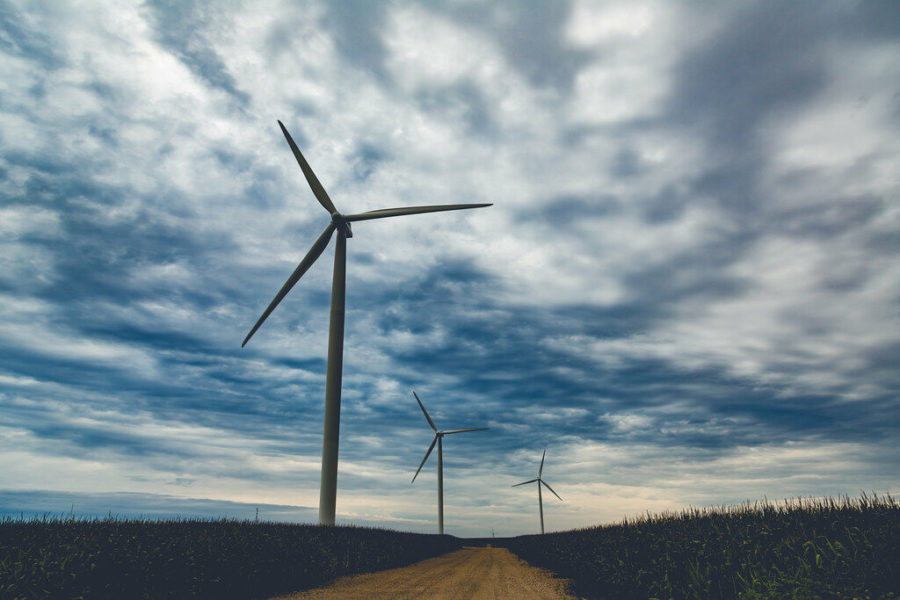






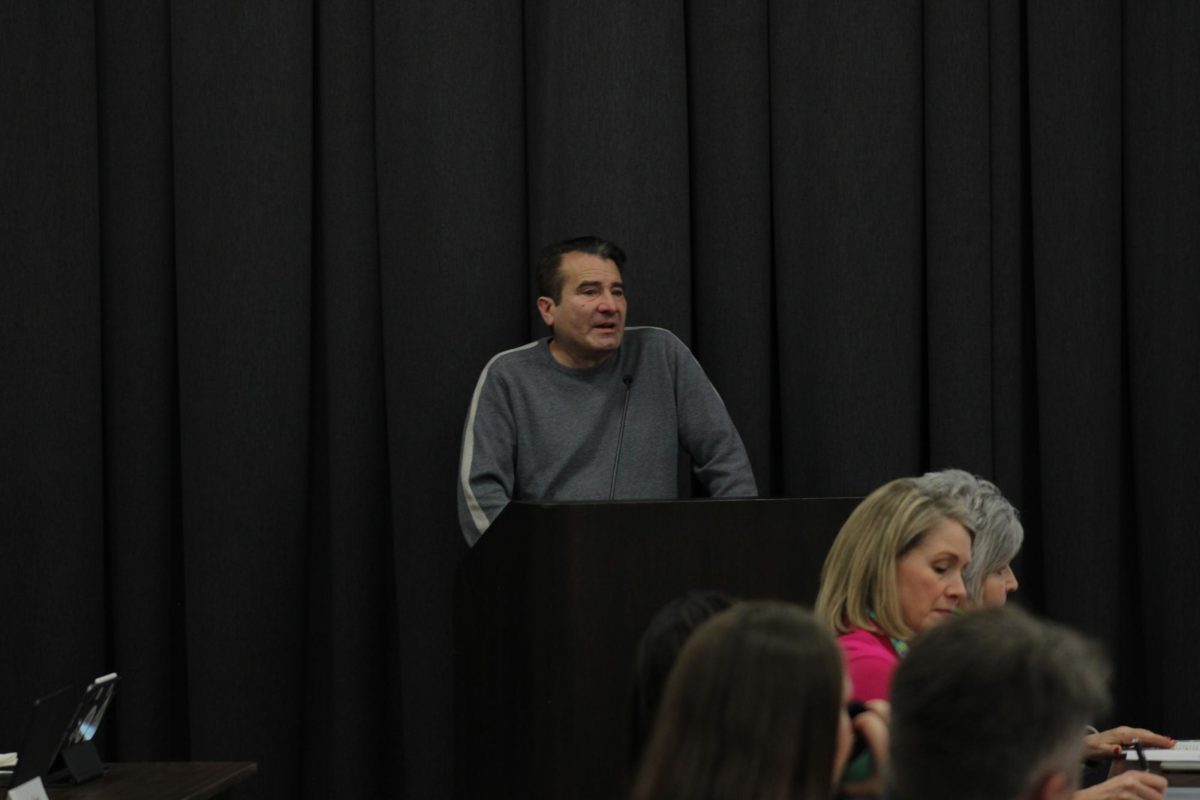

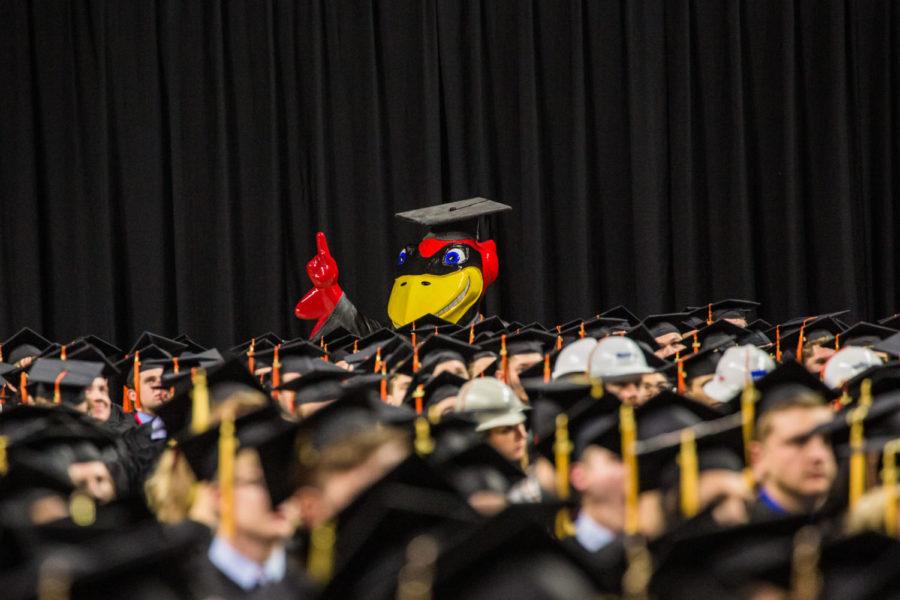
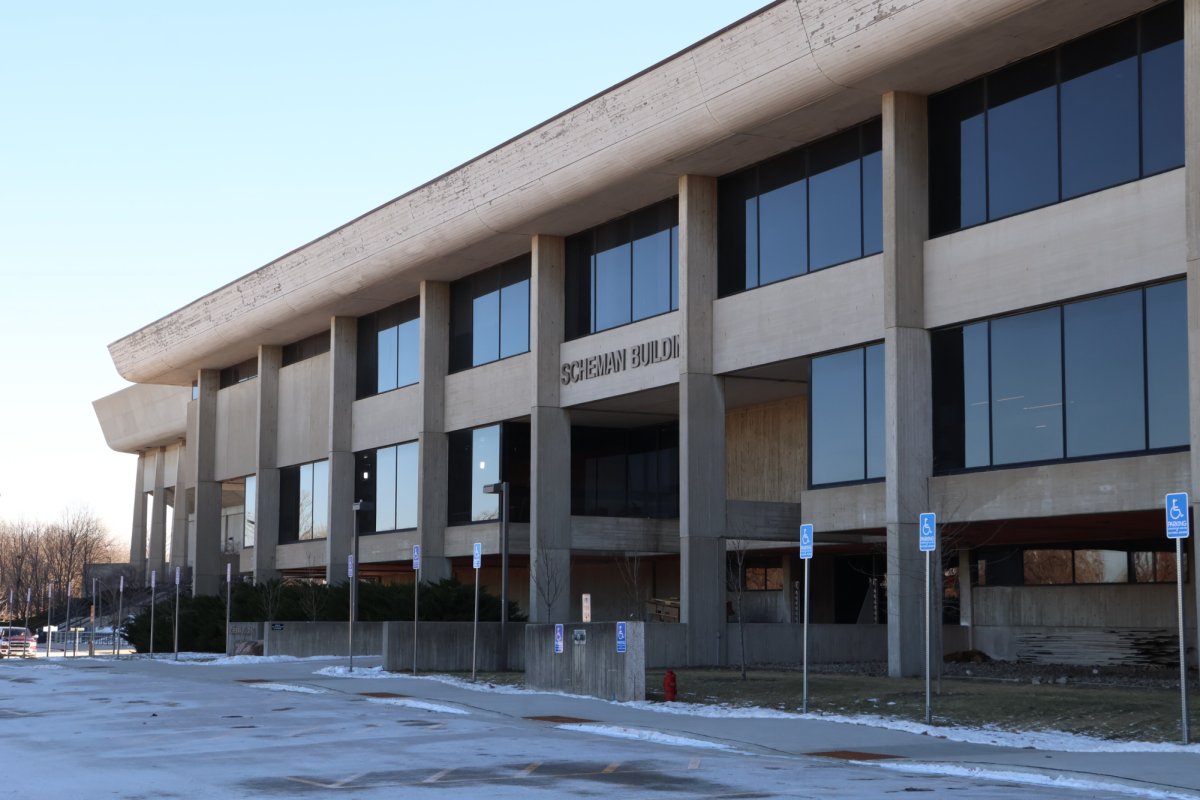
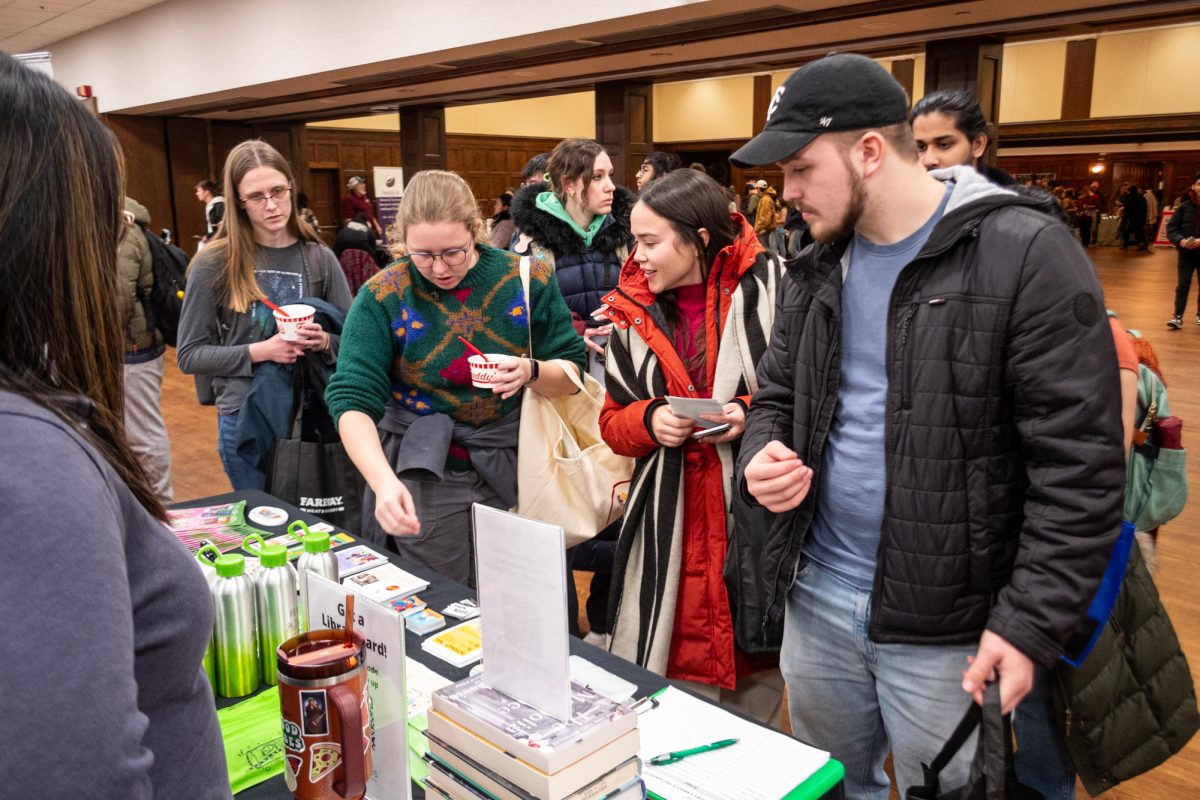

Rodrigo Romero | Oct 6, 2023 at 2:35 pm
Today in a class we have a conversation with a member of the ISU foundation, when I asked a question about climate change, in general, he pointed out that is very difficult to reach the goals if we as human beings do not change consumption behaviors. I think that makes sense. We can have the most efficient devices, tools or equipment, but if we still don’t reach the goals, then the problem is not energetic efficiency but human demands.
Jane Francis | Oct 6, 2023 at 8:11 am
A week of drought? Try four straight years. I’m sure that’s what the author meant, but that first sentence is deeply ambiguous, if not completely misleading.